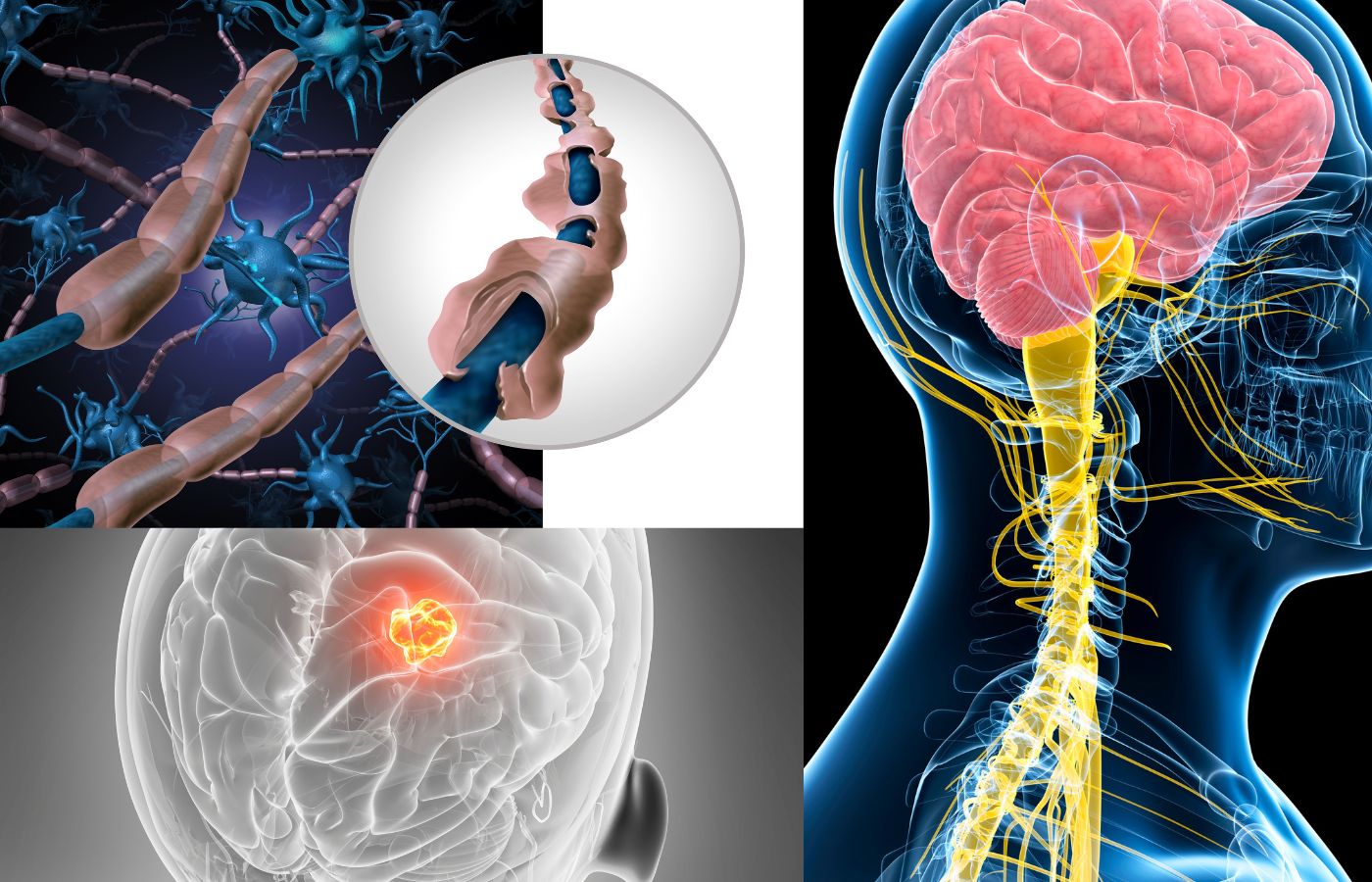
Genetic conditions are health disorders caused by changes in genes or chromosomes. These conditions may be inherited from parents or may develop due to new genetic mutations. While many genetic disorders cannot be completely cured, modern medicine offers several effective ways to treat and manage them.
Today, patients in Mumbai have access to advanced diagnostic tools, expert specialists, and personalized care plans. Understanding how genetic conditions are treated helps patients and families make informed healthcare decisions.
In most cases, genetic conditions cannot be fully cured because they are linked to a person's DNA. However, many disorders can be effectively controlled with proper medical care.
Modern treatment focuses on:
Visit Now :- https://www.diagnopein.com
Early diagnosis is the foundation of effective management. When detected early, doctors can start supportive therapies and prevent serious complications.
Benefits of early genetic testing in Mumbai include:
In Mumbai, many advanced pathology labs now offer reliable genetic screening services.
Treatment depends on the specific disorder, severity, and patient's overall health. Doctors often use a combination of therapies.
Many genetic disorders are managed using medications that control symptoms or correct biochemical imbalances.
Examples include:
Specialists providing genetic disorder treatment in Mumbai carefully monitor patients and adjust medicines when needed.
Gene therapy is one of the most promising advances in modern medicine. It aims to correct or replace the faulty gene responsible for the disorder.
Although still developing, gene therapy is showing positive results for some inherited diseases.
Benefits include:
Book Now :- https://www.diagnopein.com/book-test/Mumbai
Many genetic conditions require long-term lifestyle management. Simple daily habits can significantly improve patient outcomes.
Supportive care may include:
Doctors in Mumbai often create personalized care plans based on the patient's condition and age.
In some cases, surgery may be required to correct structural abnormalities caused by genetic disorders.
Common situations include:
Advanced hospitals in Mumbai provide multidisciplinary care for such complex cases.
For certain inherited blood disorders like thalassemia or sickle cell anemia, bone marrow transplant can be a potential curative option.
This treatment helps by:
Patients seeking genetic disorder treatment in Mumbai are often evaluated for transplant eligibility by specialists.
Genetic counseling is an important part of managing hereditary conditions. It helps families understand risks, inheritance patterns, and future planning.
A genetic counselor helps with:
Many reputed centers offering genetic testing in Mumbai also provide professional counseling services.
Children with genetic disorders require special attention and early intervention. Pediatric specialists focus on growth, development, and long-term support.
Key management steps include:
Although living with a genetic disorder can be challenging, proper medical care makes a big difference.
Patients are advised to:
With expert genetic disorder treatment in Mumbai, many individuals lead productive and fulfilling lives.
Selecting a reliable pathology lab is essential for accurate genetic testing.
Look for these features:
Book Now :- https://www.diagnopein.com/book-test/Mumbai
Medical science is advancing rapidly. The future of genetic care looks promising.
Upcoming developments include:
Patients undergoing genetic testing in Mumbai may soon benefit from these cutting-edge innovations.
Genetic conditions may not always have a complete cure, but modern medicine offers many effective ways to manage them. Early diagnosis, proper medication, lifestyle support, and advanced therapies can significantly improve patient outcomes.
If you or your family member is at risk, timely genetic testing in Mumbai and expert genetic disorder treatment in Mumbaican make a life-changing difference. Always consult qualified healthcare professionals and choose a trusted diagnostic center for the best care.

